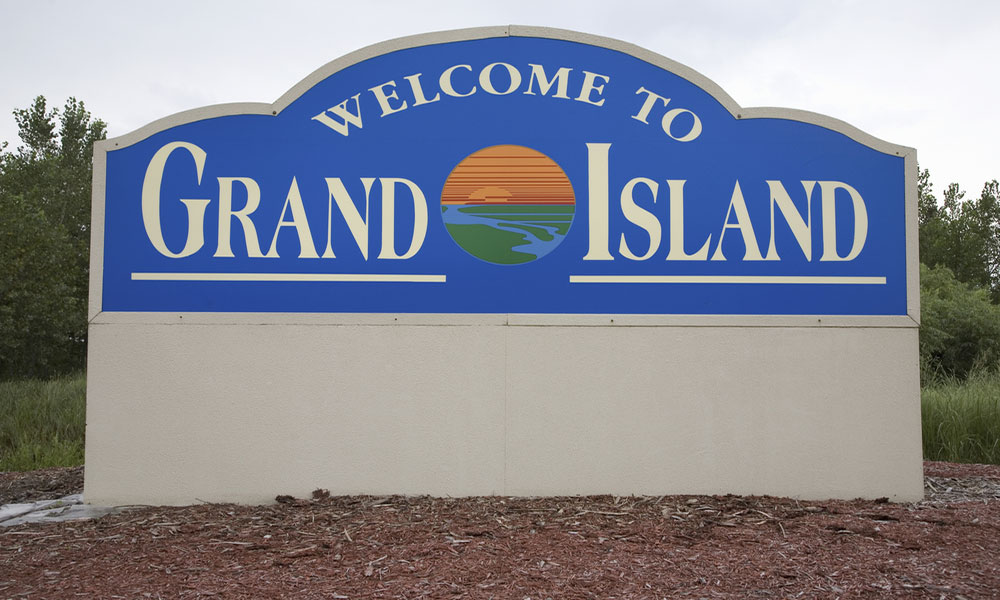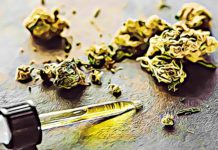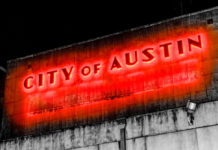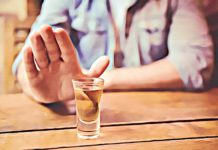from these activities and others, such as artwork or writing letters to their parent’s addiction. Kids use these as outlets for their frustration and other emotions. Being around others kids their age who feel similar helps them address their feelings.
When kids graduate from the program, they get a certificate at a family celebration, which allows kids to bond with their parents.
“The parents many times say, ‘I wish we had that when I was a kid,’” Dexter said.
Moe supports Kids Power’s family celebrations. “The essence of it is to come together and realize that everybody in the family can heal,” he said. “Everybody in the family can be part of the solution.”
Dexter noticed that the program helps kids develop trust and better communication skills. “[One student] went from not wanting to talk to being happy and excited,” she said. “It was really heart wrenching for me, to see him change like that. It broke his silence.”
Holmes mentioned that they have seen Kids Power improve students’ grades and relationships with their parents. Many return to participate in Teens Power and Kids Power 2.
Moe added that the most rewarding part of his work is “watching children get to be kids again and letting go of adult worries and responsibilities, difficulties that have consumed them.”
















